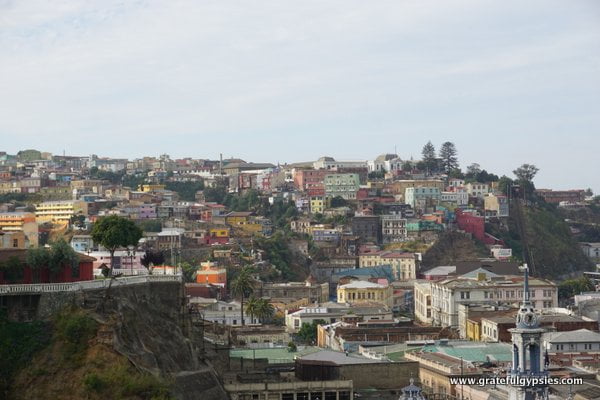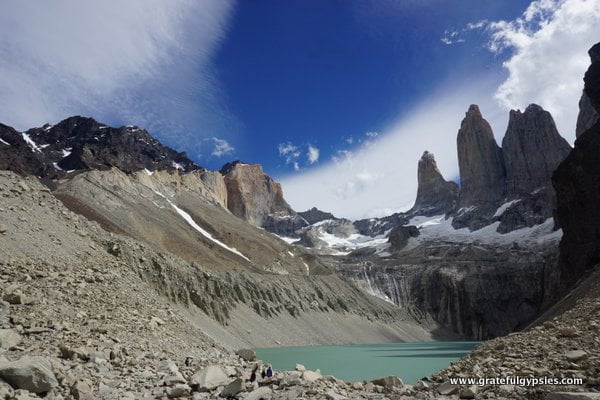Intermediate Spanish Listening Practice – Present subjunctive with probability
In this Spanish lesson we are going to practice the Spanish present subjunctive with sentences of probability. As usual, first we will review some relevant grammar and vocabulary and then see if you can follow a short listening.
This lesson is part of a Spanish course that practices the grammar and vocabulary first introduced in my Intermediate Spanish course posted here on the Transparent Language blog. Let’s test your listening comprehension and see if you can understand a short audio in Spanish. The transcript to the audio will be given at the end of the post but please try not to look at it until you have tried playing and understanding the audio a few times.
Use the following link to watch the corresponding video lesson of the original course:
Intermediate Spanish Lesson 7 Present subjunctive with probability
Please familiarise yourself with the following words and phrases before listening to the audio below:
Alojarse: to stay (hotel, someone’s house,…)
Piscina comunitaria: shared swimming pool
Quedarse: to remain
Now play the audio to listen a conversation between two friends. Can you understand what they are saying? Play the audio a few times before you look at the transcript. Don’t worry if you don’t understand every single thing the two people are saying. Try to catch whichever words you can and then try to piece things together to work out what is being said.
(Play the audio a few times before you scroll down and look at the transcript)
Transcript:
Joe: Hola María ¿Qué vas a hacer estas vacaciones?
María: No estoy segura. Posiblemente vaya a Mallorca. Mi hermano vive allí y tiene una casa muy grande. Puedo alojarme en su casa. ¿Y tú?
Joe: Yo no sé dónde iré. Quizá vaya a Londres para ver a algunos amigos. Pero no tengo mucho dinero y Londres es muy caro.
María: Quizá puedas alojarte en la casa de alguno de tus amigos ¿no?
Joe: Es probable que pueda, sí.
María: Y qué vas a hacer el Londres ¿Ver museos?
Joe: No. Posiblemente vea algunos musicales. Me encantan. Mi favorito es ‘Cats’. ¿Y tú? ¿Qué vas a hacer en Mallorca?
María: Probablemente vaya a la playa todos los días. La casa de mi hermano tiene una piscina comunitaria, así que a lo mejor me quedo en la piscina algunos días.
Joe: ¿Hace mucho calor en Mallorca en verano?
María: Sí, pero no tanto como en Madrid. Puede que haga 35 grados.
Joe: Eso es demasiado calor para mí. En Londres igual hace 30 grados algún día, pero no es lo normal.
María: A mí me encanta el calor.
So, how did you get on? How much did you understand of the listening? Please let me know in the comments section below…
Don’t worry if you didn’t understand that much, keep reviewing the vocabulary and phrases and you will soon be up to speed and ready for the next lesson in this course. See you next time!
Want to hear more? Sign up for one of our newsletters!
For more language learning advice, free resources, and information about how we can help you reach your language goals, select the most relevant newsletter(s) for you and sign up below.
About the Author:Laura
I am from Bilbao in northern Spain. I qualified as a Spanish Language Teacher in 2004. I have taught Spanish in England and Spain and now really enjoy teaching the Spanish Language via my website The Spanish Blog to students from all around the world. I love my job and the intricacies of the Spanish Language. My main personal interests are music, reading and cooking. I studied music for twelve years in Bilbao and I play the piano. I also enjoy singing and I try my best to sing more in English now. I hope very much that you enjoy my posts and welcome any comments.
Posteado en Spanish Articles (Facebook)




